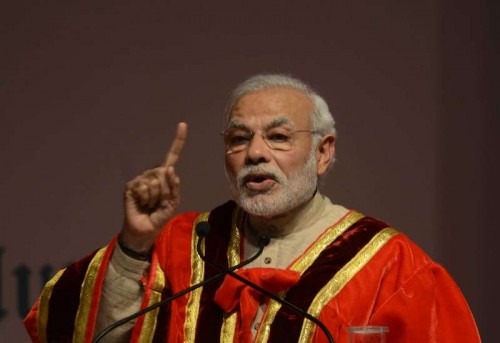
By Arun Kumar
Ahead of President Barack Obama’s trip to India, two US lawmakers have asked him to request Indian Prime Minister Narendra Modi to liberalise foreign direct investment (FDI) restrictions on e-commerce sector.
“Such a move would benefit the economies of both India and the United States,” wrote senators Mark R. Warner and John Cornyn, Democratic and Republican co-chairs of the bipartisan Senate India Caucus, in a letter to Obama.
Warner is one of the four lawmakers who will accompany Obama on the trip to India.
“We believe [this FDI] liberalisation would benefit the Indian and US economies, as well as helping the nearly 400 million Indians that live below the poverty line with access to cheaper goods and job opportunities,” the duo said.
“In India, online generation of additional retail transactions would increase consumption, decrease consumer prices, improve market access for small- and medium-sized companies, and create jobs across a range of professional fields,” Warner and Cornyn wrote.
Currently, they noted, India prohibits foreign businesses from selling items directly to Indian consumers over the Internet which means that US businesses cannot sell products online directly to Indian consumers without involving a “middle man.”
If the prohibition were lifted, many US businesses would have greater access to India’s $4.9 trillion economy and a growing middle class, Warner and Cornyn suggested.
It also has the potential to increase competition in India by providing less expensive goods and create 250,000 jobs directly with the potential for more than 1 million jobs in customer service, IT, logistics, transportation, and administration by 2021, they said.
The Indian e-commerce market currently sits at about $3.5 billion and is expected to increase to $6 billion in 2016.
With the increase in low-cost smart phones and mobile broadband, penetration is expected to be significant in rural and semi-rural areas, the lawmakers said.
With expanded e-commerce, these consumers gain access to goods and services through retailers that currently lack brick-and-mortar locations, Warner and Cornyn said.